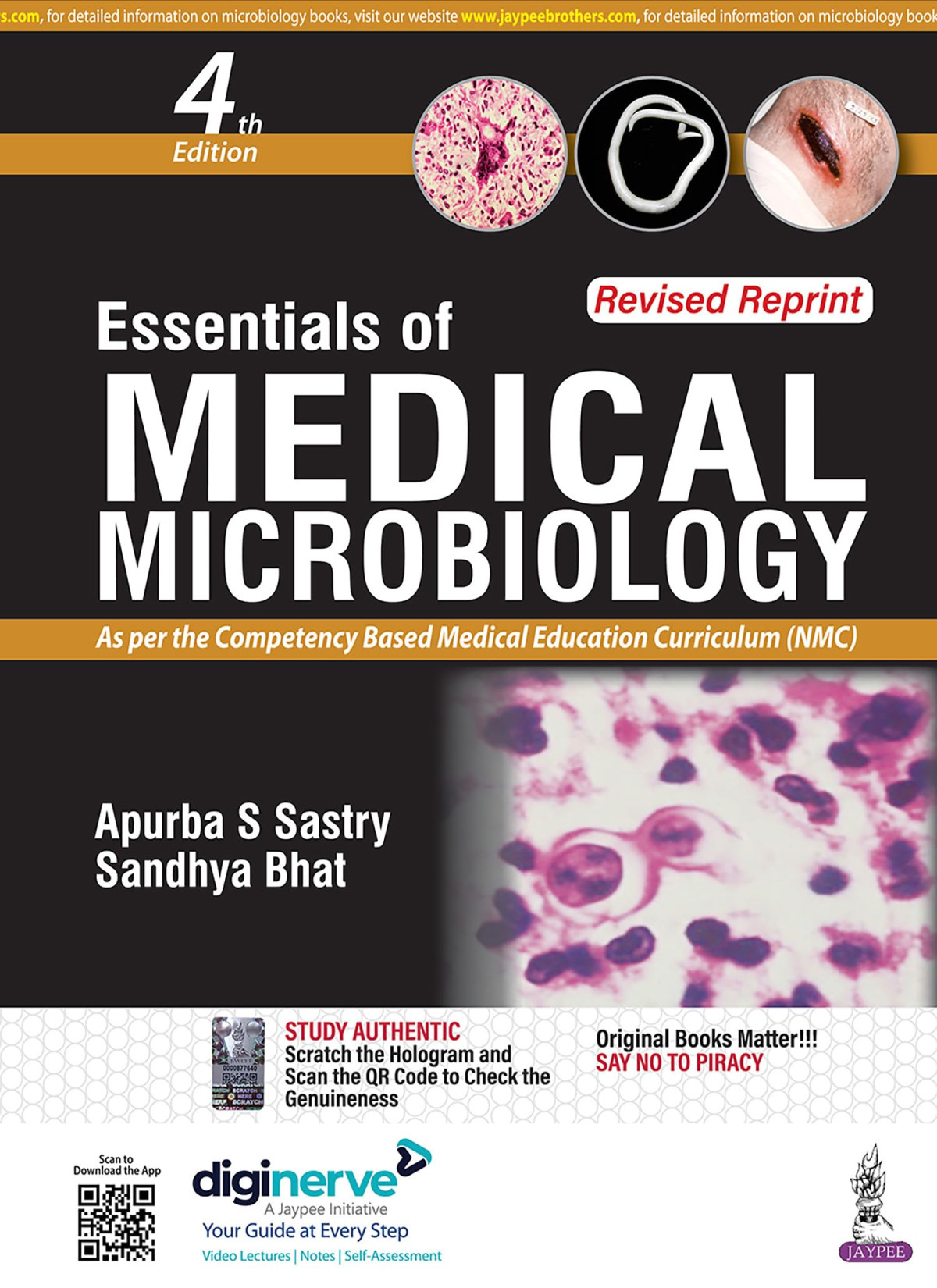

Most ebook files are in PDF format, so you can easily read them using various software such as Foxit Reader or directly on the Google Chrome browser.
Some ebook files are released by publishers in other formats such as .awz, .mobi, .epub, .fb2, etc. You may need to install specific software to read these formats on mobile/PC, such as Calibre.
Please read the tutorial at this link: https://ebookbell.com/faq
We offer FREE conversion to the popular formats you request; however, this may take some time. Therefore, right after payment, please email us, and we will try to provide the service as quickly as possible.
For some exceptional file formats or broken links (if any), please refrain from opening any disputes. Instead, email us first, and we will try to assist within a maximum of 6 hours.
EbookBell Team

4.7
46 reviews• Divided into two parts-(1) General Microbiology, Immunology and Hospital Infection Control and (II) Systemic Microbiology.
• Systemic Microbiology (Infectious Diseases)-eight sections, each comprises of a first chapter on clinical infective syndrome followed by several chapters covering detailed information about the etiological agents.
• Chapters on Clinical Infective Syndromes-represent the first chapter of every Systemic Microbiology section, covers various infective syndromes pertaining to that system in detail.
• Parasitology topics-have been updated as per the current need of Indian Medical Graduate and discussed under respective infective syndromes.
• Hospital Infection Control Section-thoroughly updated in various topics such as major HAI types, monitoring of antimicrobial stewardship, escalation vs de-escalation strategy, donning/doffing of PPE and transmission-based precautions.
• General Microbiology Section-meticulously restructured with the inclusion of general virology, general parasitology and general mycology chapters. General bacteriology is reorganized into a single chapter with several subchapters.
• Overview Chapters-incorporated in the General Microbiology section, which will help in better understanding of organisms when discussed under Systemic Microbiology.
• COVID-19 Chapter-has been revised and updated as per the current scenario.
• AETCOM Module-has been updated as per the CBME curriculum for second MBBS students.
• Recent Advances-updates made in laboratory diagnosis, treatment guidelines and vaccine prophylaxis of infectious diseases, of note tuberculosis and HIV.
• Epidemiology Updates Included on-recent outbreaks and geographical distribution with special emphasis on Indian epidemiology.
• References followed from the latest editions of Harrison, Mandell, Bailey & Scott, CDC and WHO websites and health care programme/guidelines such as ICMR, NCDC, NTEP, NACO, NVBDCP, Immunization and GPEI, et